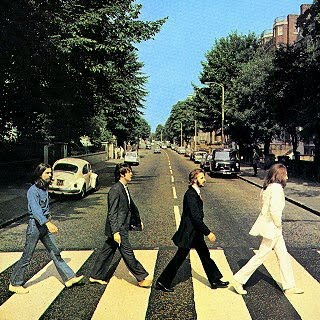I LOVE food. I also love to eat. Always have and I always will. There aren't many foods that I don't enjoy, so I will always have an endless supply of energy. But, certain foods are better than others that will allow your body to work most efficiently. Sure, I love to eat jelly beans, but they are a source of empty calories and are only going to give me a sugar rush before my body crashes. Certain foods make excellent mid day snacks to give you that little boost, all while curbing your cravings and allowing you to feel satisfied. Here are ten foods to eat throughout the day that can boost your energy levels.
1. Apples: Excellent source of fiber; pectin (found in the skin) supports overall wellness.
2. Bananas: Excellent source of fiber; helps reject impurities and provides potassium which helps to maintain normal muscle function and aids the nervous system.
3. Eggplant: High in anti-oxidants which help to fight free radicals (pre-cursors to cancer); Contains carotenoids which help promote wellness.
4. Apricots: loaded with B vitamins that help with mood and well being.
5. Grapefruit: Supports overall health and provides high levels of energy.
6. Yogurt: Full of B-vitamins; probiotics support immune health and a healthy digestive system.
7. Cheese: Contains calcium which is great for bone health and muscle and nerve function.
8. Orange: Complete series of vitamins; Vitamin C is great for immune health.
9. Green Tea: Full of polyphenols, which help to keep the body strong and energized; supports breast health.
10. Tuna: Great source of B-12 (Red blood cell production); Omega 3 fatty acids; also supports lean muscle function and development.
In addition, kidney beans, lentils, sunflower seeds, nuts and other fruits such as blueberries and cherries are great sources of energy that help you keep moving throughout the day.




